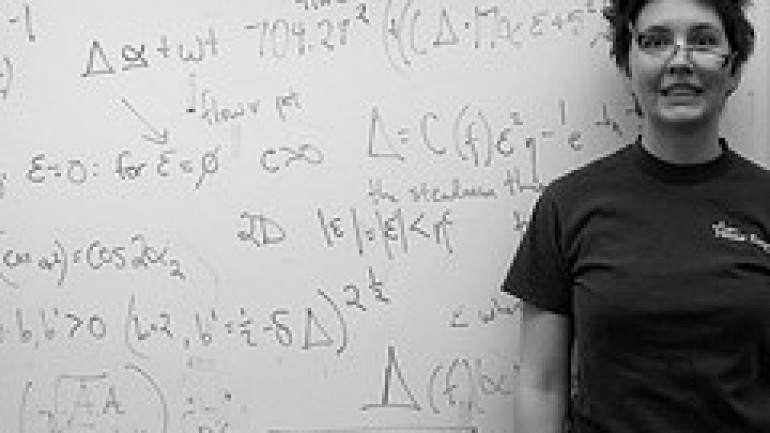Quants are the math wizards and computer programmers in the engine room of our global financial system who designed the financial products that almost crashed Wall st.
The credit crunch has shown how the global financial system has become increasingly dependent on mathematical models trying to quantify human (economic) behavior.
Now the quants are at the heart of yet another technological revolution in finance: trading at the speed of light.
What are the risks of treating the economy and its markets as a complex machine? Will we be able to keep control of this model-based financial system, or have we created a monster?
A story about greed, fear and randomness from the insides of Wall Street.

Advertisement
Join The Conversation




Excellent program!
Well produced, thoughtful, and insightful.
Wish I was like that guy at the end who said he’s living off interest and uses his $100,000 or so a year as pocket change…
Back to the real world…
Excellent program!
Well produced, thoughtful, and insightful.
Wish I was like that guy at the end who said he’s living off interest and uses his $100,000 or so a year as pocket change…
Back to the real world…
Actually an excellent summary from people who worked the inside and kept their feet on the ground and recognize the limits of mathematical modeling.
And, Matt, the Brit quant directly mentions the disconnect of market function and the oyster guy implies it.
The government should put a 1% tax on the value of each trade. All high frequency trading would go away tomorrrow.
The government should put a 1% tax on the value of each trade. All high frequency trading would go away tomorrrow.
It seems as though none of these people understand the purpose of banking or the stock market. The banks are supposed to connect entrepreneurs (possessing good ideas and plans for realizing them) with funds for capital development. Stock markets are another method of capital development, with the money coming directly from investors.
These people use the priority of trading firms (some firms get pushed to the front of the queue for executing trades). Their models are too rapid and too noisy to guide entrepreneurs, not to mention computational investment is pretty disconnected with the production of goods.
The stock market isn’t automatically gambling, but this is just high speed gambling. It is a zero sum game when the objective is to profit off of volatility.
This shit isn’t magic, it’s just more complex than the grifts most people are used to.